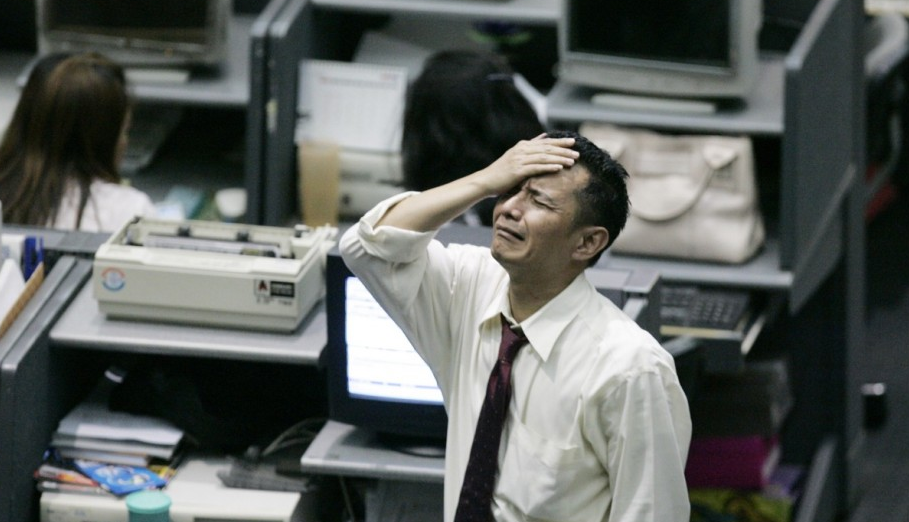The global economy doesn't work the way we thought

I stumbled across an aged but relevant post from Mark Dow about 15 things global macron investors should have learned from the great financial crisis and the aftermath.
It's a good list and I pretty much agree with all of it, including this one:
- "Oil matters less. It didn't help the consumer as much as forecast when it fell, and didn't hurt GDP as much as others suggested, either. Oil intensity of GDP or share of consumption basket is far lower than the levels most observers-consciously or unconsciously-had anchored on."
If you look at them as a whole, the lesson is that the short-term narrative is often overblown. Frequently, one part of the economic equation changes (commodity prices, fx prices or politics) and we're led to believe that changes the result. In reality, it doesn't so the lesson is to look past almost everything.
To his 15 lessons, I'll add two:
1) The economic impacts of FX moves are overrated. The global economy doesn't react to FX changes the way most thought. Drops in many currencies haven't led to big (or sometimes even small) pickups in manufacturing and exports. Companies can hedge and absorb much more FX pain than thought and investment decisions are rarely made based on the current prevailing FX rate.
2) Where's the inflation? Starting from Day 1 of the financial crisis when interest rates were first lowered, there were people howling about the coming inflation. It's not here and even with a much better economy and still-low rates, it doesn't appear to be coming. Globalization, offshoring and automation are the dominant economic themes of our time and they're all deflationary.
What would you say we should have learned by now?




